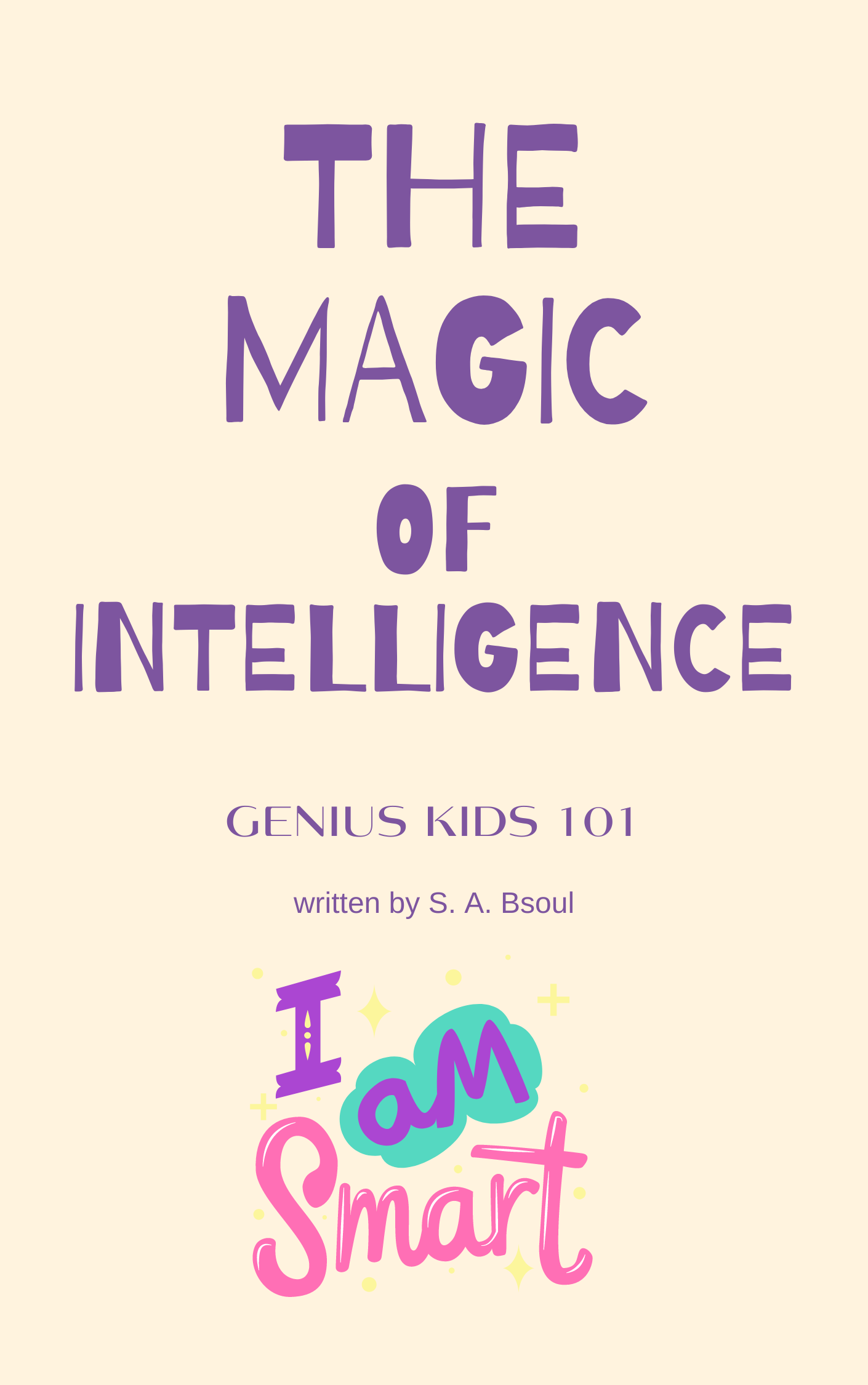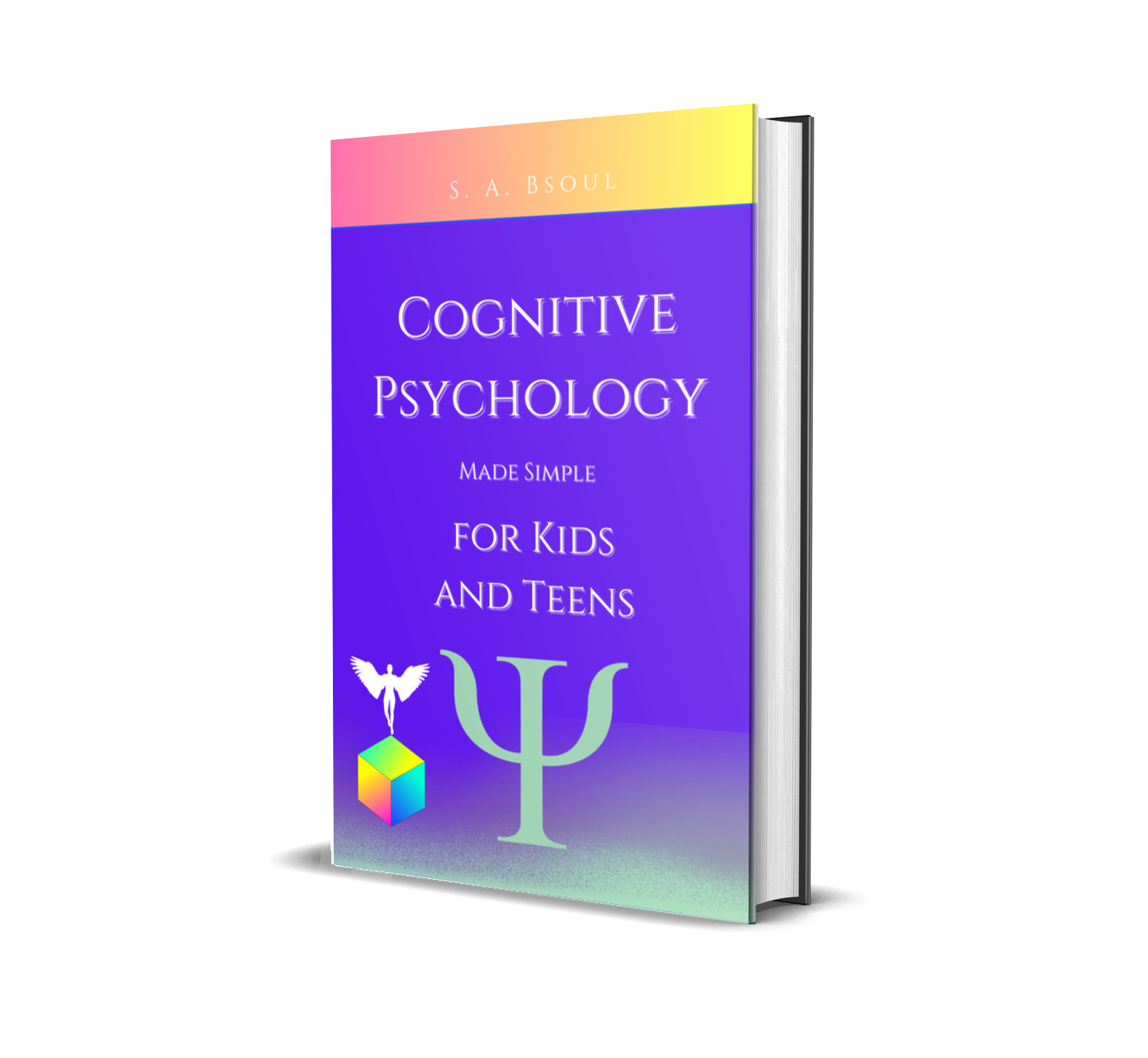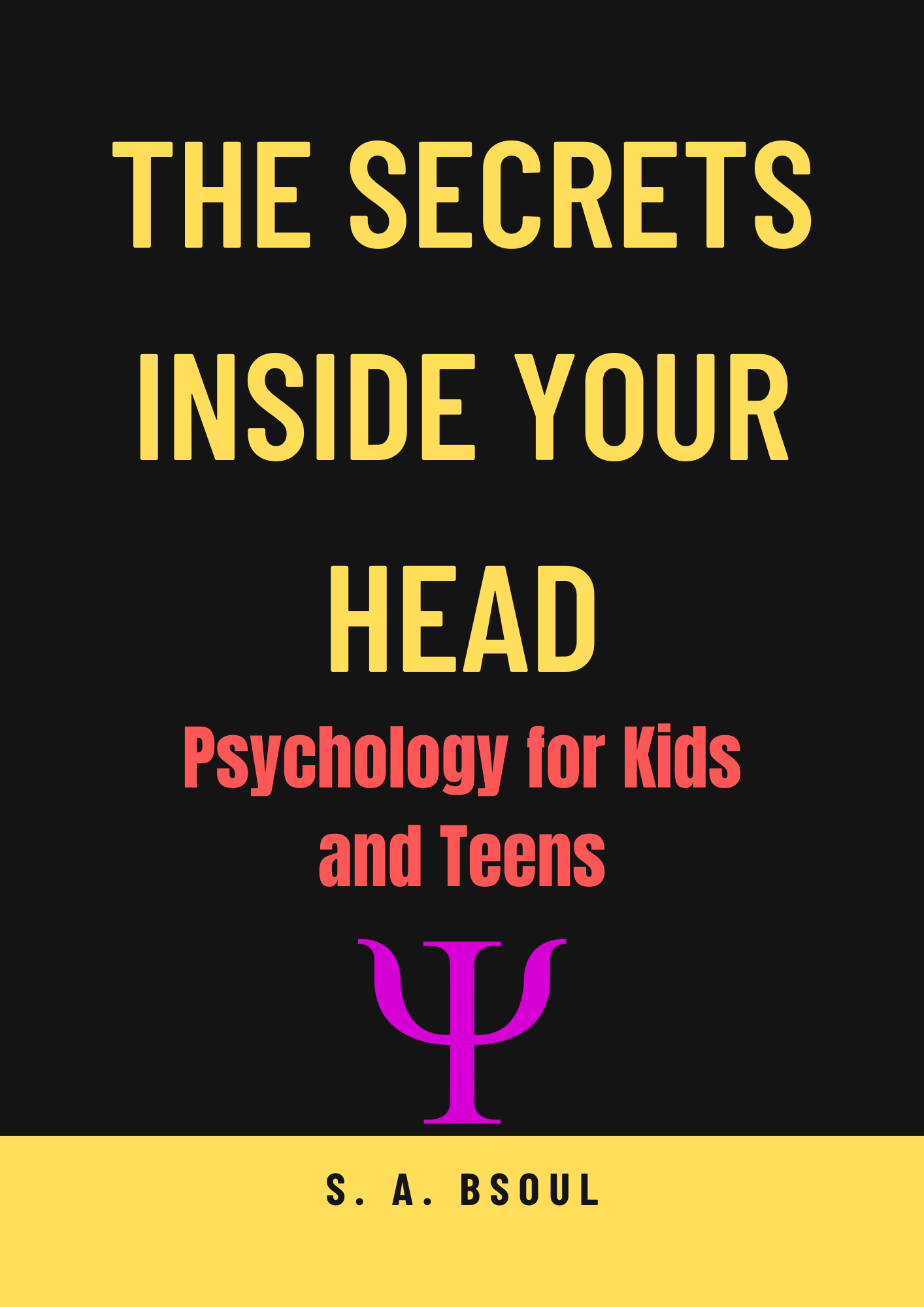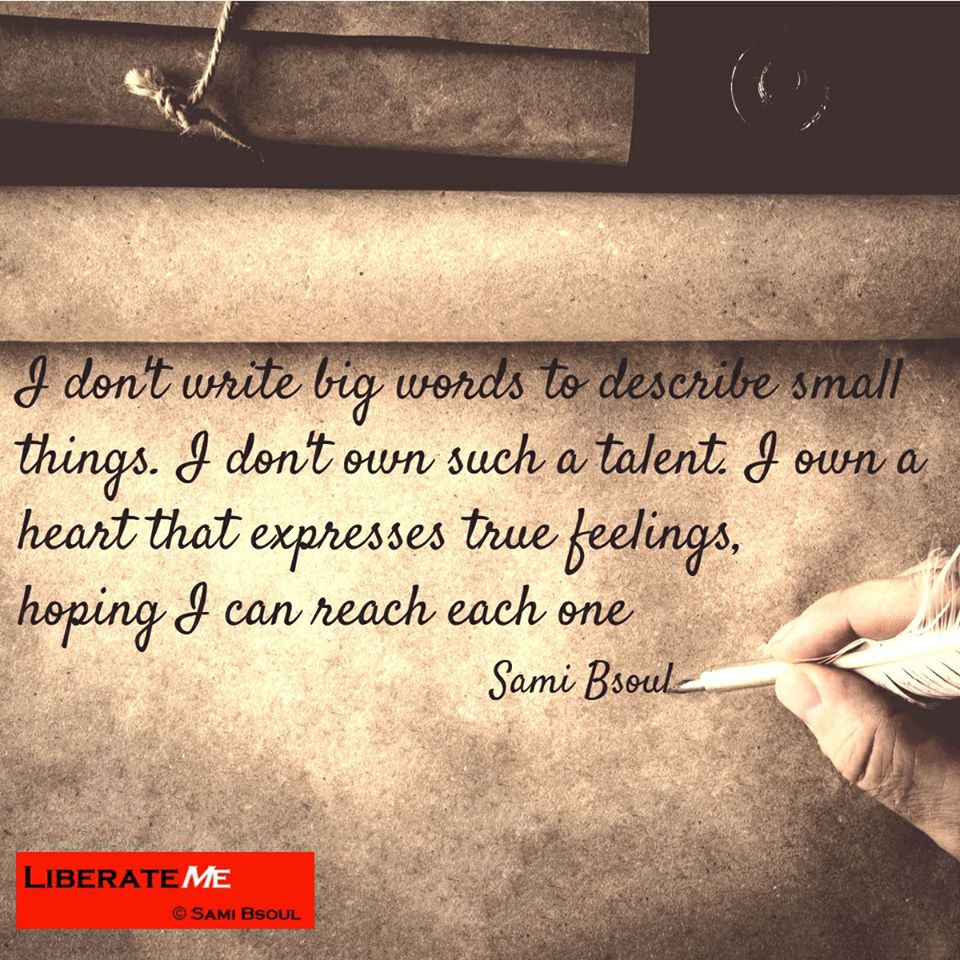The Secrets Inside Your Head
''The Secrets Inside Your Head- Psychology for Kids and Teens''
Ever had a moment when your child asked you about psychology, and you weren't sure how to explain it? Don't worry, we've got your back. Whether you're a parent, a teacher, or someone who's always curious, this book is a must-have. It's called "The Secrets Inside Your Head" for a reason. It's like a secret door that opens up the amazing world of psychology, and it's waiting for every generation to explore, from kids to teenagers to adults.

Within these pages, you'll discover a wealth of information about emotions, memory, empathy, and many other topics. We use words that are easy to understand and examples that anyone can relate to. Your journey through the incredible world of the human mind starts here, and you'll learn things that can change the way you see yourself and the people around you.

What's awesome about this book is that it uses colourful text to point out the important stuff. It helps you remember things and keeps you engaged.

But wait, there's more! This book isn't just for kids who are curious. It's also a fantastic gift for anyone who loves psychology. So, if you know a budding psychologist or someone who's just curious about how our minds work, this book is the perfect present.

Have you ever wondered why people act the way they do? Or what makes us feel happy or sad? Sometimes, explaining these puzzling questions to kids can be as tricky as the questions themselves. But guess what? We've got you covered with "The Secrets Inside Your Head- Psychology for Kids and Teens."
This isn't just any old book. It's a super cool guide to understanding the mysteries of the human mind. And as said, here's the exciting part – it's not just for kids! Even adults will find it super interesting. Yes, you read that right. Grown-ups can enjoy it too!
"The Secrets Inside Your Head" is like a treasure chest of knowledge that you'll want in your home. It's written in a way that's easy to understand, step by step. We take on the big job of explaining tricky stuff about how our minds work, and we do it in a way that's fun and exciting.
''The Secrets Inside Your Head- Psychology for Kids and Teens'' is more than just a book. It's like a secret map that leads to a lifelong adventure in understanding psychology and personal growth. Get ready to open the door to the secrets inside your head.
All of the questions below and many more are answered in this book, so you can easily respond to any kid the next time they ask you about these topics:
1. How would you explain what psychology is to children?
5. How can you explain Sigmund Freud's idea of the conscious and unconscious mind to kids?
6. What's a simple way to describe Jean Piaget's stages of development for children?
10. How can you explain Albert Bandura's work to kids and why it's important?
11. What's a simple way to describe Mary Ainsworth's research on attachment to children?
12. How would you introduce Abraham Maslow's "Hierarchy of Needs" to kids?
13. What's a child-friendly explanation of B.F. Skinner's research on behavior?
14. How can you simplify Erik Erikson's concept of life stages for kids?
15. How would you describe Karen Horney's exploration of anxieties and fears to children?
16. What's a kid-friendly way to explain Elizabeth Loftus's research on memory and false memories?
18. What's a simple explanation of William James's contributions to psychology for children?
19. How can you describe Ivan Sechenov's work on reflexes to kids and why it's important?
20. How can you explain to kids what psychologists do to understand people's thoughts and behaviors?
21. What's a simple way to describe the observation method used by psychologists?
23. How can you make the concept of experiments in psychology relatable to kids?
24. What's a child-friendly explanation of brain scans and how psychologists use them?
25. How would you describe case studies in psychology to children?
26. In a way that a child can grasp, how would you explain data analysis in psychology?
27. How can you help kids understand the role of psychologists who work as therapists?
28. How would you describe emotions to a child using simple and relatable examples?
29. Imagine you're explaining sadness to a child. How would you make it easy for them to understand?
30. What's a child-friendly way to describe anger and why it happens?
31. How can you help a child grasp the concept of fear and why it's important?
32. In simple terms, how would you explain the feeling of surprise to a child?
33. How can you make the concept of disgust understandable to a child?
36. How would you explain the concept of feelings to a child in a simple and relatable way?
55. How would you explain developmental psychology to a child in a simple and relatable way?
62. How would you explain child development to a child using relatable and simple language?
63. How can you make the concept of child development more engaging and understandable for a child?
69. How can you make the concept of "teen time" more relatable and intriguing for a teenager?
153. How can you explain sight (vision) helping kids understand how it works?
154. How can you explain hearing (audition) helping kids understand how it works?
155. How can you explain the concept of taste (gustation) to kids?
156. How can you explain the conecpt of touch (tactile) to teenagers?
157. To can you explain the concept of smell (olfaction) to kids?
158. How can you make the concept of optical illusions simple and fun for younger kids?
159. Imagine you're explaining neurons to a child. How would you describe them using simple words?
160. If you were talking to kids, how would you make the nervous system easy to understand?
161. How might you explain the way neurons work in a kid-friendly way, like telling a story?
167. How would you describe positive psychology to a group of kids using simple and relatable terms?
245. How would you describe body image to kids using the analogy of a magical mirror?
247. What's a fun way to explain self-talk to children and how it can affect their body image?
248. How can you emphasize the importance of embracing individual beauty and uniqueness to children?
251. How can you introduce the concept of self-appreciation and positive self-talk to children?
252. What's a child-friendly way to explain setting realistic goals and how it boosts self-esteem?
257. What's a simple way to help kids recognize unrealistic standards of beauty in the media?
258. How can you introduce the concept of positive vs. negative messages in media to children?
Explore other publications



© Samibsoul.com 2023


